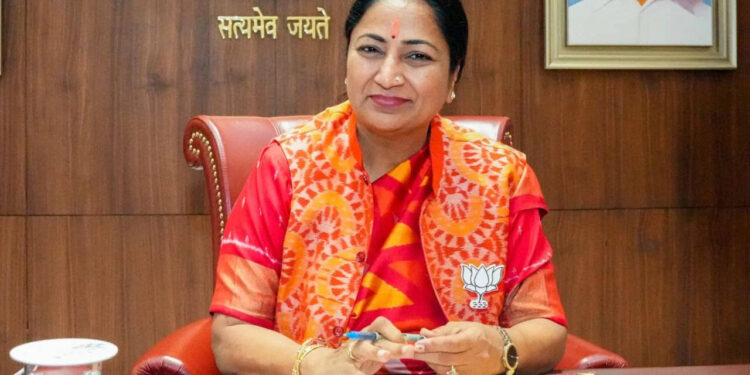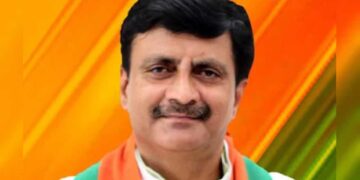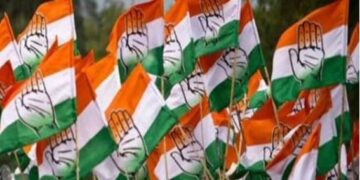PM Modi 3.0: The third term of Prime Minister Narendra Modi was completed today. Along with this, the government led by him at the center has traveled a political journey of 11 years. Narendra Modi has become the third leader to become Prime Minister for the third time after the country’s first Prime Minister Jawaharlal Nehru and Indira Gandhi. Although his government was formed with the support of allies rather than an absolute majority, there was no decrease in the leadership of leadership and the firmness of decisions.
The BJP did not get a majority in the general elections held in 2024, but Modi once again became Prime Minister with the help of NDA. Despite coalition politics, the Modi government did not hesitate to take strict and decisive steps. In the very first year, the government took a tough stand on terrorism, amended the Waqf Board Act and took concrete decisions on politically sensitive issues like caste census.
Changing equations in third term, but firm leadership
Unlike 2014 and 2019, the Modi government formed in 2024 came to power with the support of allies. This time the BJP needed allies like Chandrababu Naidu’s TDP and Nitish Kumar’s JDU. Although the opposition described it as a challenge for Modi, the Prime Minister proved in the first year that he can also handle coalition politics effectively. The support of parties like TDP, JDU and LJP in the Waqf Amendment Bill was a proof of the strength of this alliance.
,Operation Sindoor ‘: Strict answer on terror
The ‘Operation Sindoor’, launched in May 2025 in response to the Pahalgam terror attack, became a symbol of the aggression of the government’s national security policy. In the joint campaign of the three armies, the message was made clear by targeting terrorist bases across the border that India will now give a befitting reply to every terrorist action. This military action further strengthened Modi’s image as a decisive and a leader who holds the national interest.
Historical decision of caste census
The Modi government took seriously the demand for caste census in the country for a long time. For the first time after independence, the government decided to calculate all castes, especially the OBC class will help in the representation and determination of plans. This decision is not only considered important towards social balance, but through this the BJP has also taken away a big electoral issue from the hands of the opposition.
BJP is restored in state elections
The BJP made a strong comeback in the assembly elections after a relatively weak performance in the Lok Sabha. After an unexpected victory in Haryana and Maharashtra, the party also performed brilliantly in Delhi and defeated the Aam Aadmi Party and returned to power, which took place after 27 years. With this, the party not only got political land back but also returned the lost confidence.
First year, many tests and decisive fronts
This first year of Prime Minister Narendra Modi’s third term, despite the new needs of the coalition and the changing political equations, was strongly full of administrative stability and policy-making. Strict stance against terrorism, adventure decisions on social issues and impressive coordination with allies have indicated that this tenure can also be decisive and far -reaching consequences like the first two.






